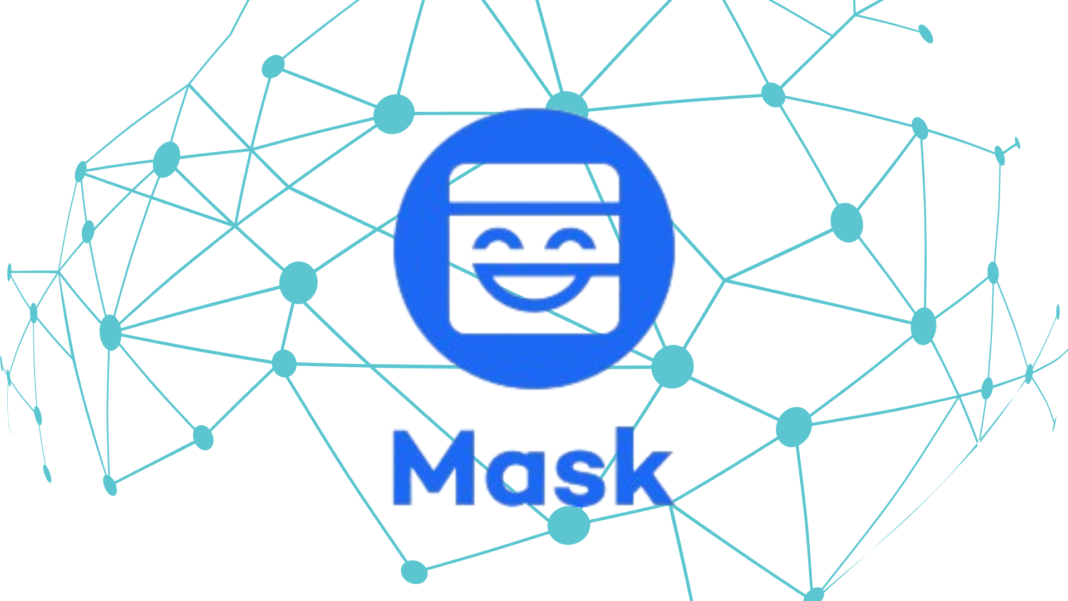Mask Network, a leader in decentralized social protocols, announced on February 21, 2025, a major restructuring of its ecosystem. As part of this strategic shift, the company has spun off three Web3 social projects—Next.ID, Web3.Bio, and Firefly—under the newly restructured MaskDAO.
The decision aims to provide these projects with greater independence, allowing them to expand their teams, innovate their products, and explore tokenomics for fundraising.
Why is this Important?
The restructuring reinforces Mask Network’s commitment to decentralized social networking. The company, alongside its venture arm Bonfire Union, will continue investing in Web3 social networks, infrastructure, and creative content. The goal is to make decentralized social media more accessible to a wider audience.
Why the Spinoff?
MaskDAO believes that allowing these projects to operate independently will maximize their growth potential. By spinning them off, the organization allows each to tap into a larger user base and focus on unique innovations.
Suji Yan, the founder of Mask Network and MaskDAO, emphasized the importance of this move. “We are one step closer to achieving a new and open internet by building and expanding the decentralized social network ecosystem,” Yan said.
He compared Mask Network’s strategic positioning to Tencent’s approach, highlighting how the Chinese tech giant successfully grew its ecosystem through investments in gaming, business units, and other applications.
A Pioneer in Decentralized Social Media
For those unfamiliar, Mask Network is a platform dedicated to enhancing privacy and security on mainstream social media networks like X (Twitter), Instagram, and Facebook.
Users can install Mask’s web extension to access secure messaging, encrypted file storage, and decentralized payment networks—all while using their favourite social platforms.
Founded in 2017 by a group of internet freedom advocates, Mask Network has worked to build a seamless bridge between traditional Web2 applications and the decentralized Web3 landscape.
In 2019, the Mask browser extension was introduced, allowing Twitter users to encrypt their posts, send cryptocurrency tips, and share files securely.
To support the next stage of decentralized social media, Mask Network has gained tens of thousands of users and secured over $100 million in funding from private and institutional investors through Bonfire Union.
Also Read: UAE Ministry Partners With Shiba Inu For Web3-Powered Government Services, $SHIB Climbs 5%
The Rise of Digital Identity Protection
One of the key challenges in decentralized social media is digital identity protection. With growing concerns over data privacy and ownership, the need for a secure and verifiable identity system became evident. In response, Mask Network launched Next.ID in 2021.
Next.ID is a decentralized identity protocol that connects user profiles across Web2 and Web3, giving individuals more control over their data. Developers and projects can leverage this identity system to build secure and innovative dApps.
Next.ID has also caught the attention of Mastodon, a popular open-source social network. Discussions between the two projects explore the possibility of integrating Next.ID’s decentralized identity solutions into Mastodon’s ecosystem.
If successful, this could enhance Mastodon’s DID (Decentralized Identity) support and potentially migrate its user data to a decentralized storage network.
The Future of Web3 Social Networks
With this restructuring, Mask Network positions itself as a Web3 social conglomerate. By spinning off Next.ID, Web3.Bio, and Firefly, the company allows each project to grow independently while still contributing to the broader decentralized social ecosystem.
As the Web3 space continues to evolve, Mask Network and MaskDAO aim to drive innovation in privacy, data ownership, and decentralized communication. By empowering users and developers, they hope to shape a more open and inclusive internet.


